২১ ফাল্গুন ১৪৩২
For rejecting President Trump's demand $2.2 billion fund of Harvard University suspends
15 April 2025 13:04 PM
NEWS DESK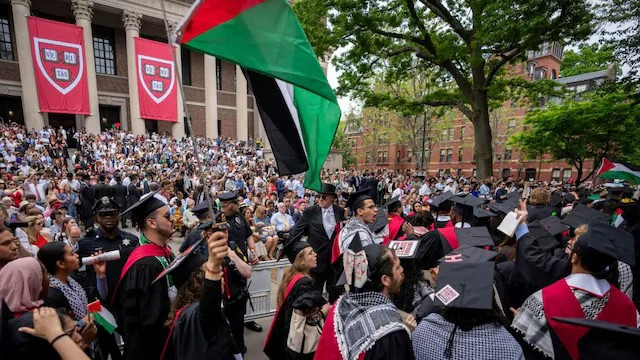
Harvard University rejected a set of federal demands aimed at combating antisemitism on campus, prompting the Trump administration to freeze more than $2.2 billion in federal funding in an escalation of the White House’s campaign against elite academic institutions.
In a statement on Monday, the U.S. Department of Education announced it would halt $2.2 billion in grants and an additional $60 million in federal contracts to Harvard “effective immediately,” accusing the university of harbouring a “troubling entitlement mindset” and of failing to address anti-Semitism on its campus, reports BBC and other international media.
The funding freeze followed Harvard’s public rejection of a list of demands delivered by the White House last week, which included proposed changes to the university’s governance, admissions processes, and hiring practices. The demands, federal officials argued, were necessary to counter a surge in antisemitic incidents amid widespread campus protests over the war in Gaza and U.S. support for Israel.
In a letter to the Harvard community, as reported by BBC President Alan M. Garber said the university had received an “expanded” list of requirements from the administration on Friday, accompanied by a warning that compliance was mandatory to preserve federal financial support.
Garber said Harvard would not comply. “We have informed the administration through our legal counsel that we will not accept their proposed agreement,” Garber wrote. “The university will not surrender its independence or relinquish its constitutional rights.”
While acknowledging the university’s responsibility to combat antisemitism, Garber argued the White House was using the issue as a pretext to impose government control over academic life. “Although some of the demands outlined by the government are aimed at combating antisemitism, the majority represent direct governmental regulation of the intellectual conditions at Harvard,” he said as reported by BBC.
The White House, in a statement last Friday, accused Harvard of “failing to live up to the intellectual and civil rights conditions that justify federal investment” and said the university must undertake sweeping reforms to remain eligible for public funding.
Among the proposed changes: requiring faculty and departments to demonstrate “viewpoint diversity,” reporting students deemed “hostile to American values,” and hiring an outside, government-approved auditor to evaluate programs allegedly linked to anti-Semitic harassment.
The administration also ordered Harvard to end its diversity, equity, and inclusion (DEI) initiatives and discipline students involved in protests over the past two years.
The standoff marks the first time a major American university has openly rebuffed the Trump administration’s campaign to reshape higher education policy, particularly on issues of campus speech and DEI.
The administration’s response was swift. “The disruption of learning that has plagued campuses in recent years is unacceptable,” the Education Department said in its statement. “The harassment of Jewish students is intolerable. It is time for elite universities to take the problem seriously and commit to meaningful change if they wish to continue receiving taxpayer support.”
The funding freeze comes as part of a broader crackdown by the administration. Since President Trump returned to office, his administration has placed mounting pressure on universities to curb DEI programs and take stronger action against antisemitism. In March, federal officials began reviewing $256 million in active contracts and grants at Harvard, with an additional $8.7 billion in future commitments under scrutiny.
Harvard professors responded with a federal lawsuit, accusing the government of violating the First Amendment and retaliating against constitutionally protected academic speech.
Harvard is not the first institution to face consequences. Columbia University had $400 million in federal funds rescinded earlier this year after it agreed to a modified version of the White House’s demands. The move drew criticism from faculty and students, some of whom characterised the agreement as capitulation to political pressure.
Meanwhile, tensions remain high on campuses nationwide. On Monday, a pro-Palestinian protest organiser at Columbia, Mohsen Mahdawi, was detained by immigration officials while attending a citizenship interview in Vermont. Mahdawi, a green card holder, is scheduled to graduate next month. Other student activists at Tufts and Columbia have also been taken into custody in recent weeks.
The flashpoints follow a congressional hearing in December 2023, where top university presidents, including then-Harvard President Claudine Gay, were grilled over their handling of antisemitic incidents. Gay’s testimony, in which she stated that whether calls for violence against Jews violated school policy “depended on the context,” sparked national outrage and ultimately led to her resignation.
Now, Harvard’s firm refusal to comply may set the stage for a constitutional showdown over the limits of federal power in shaping the policies of America’s universities.











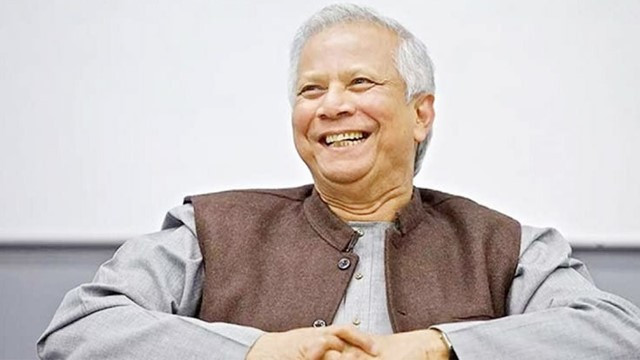


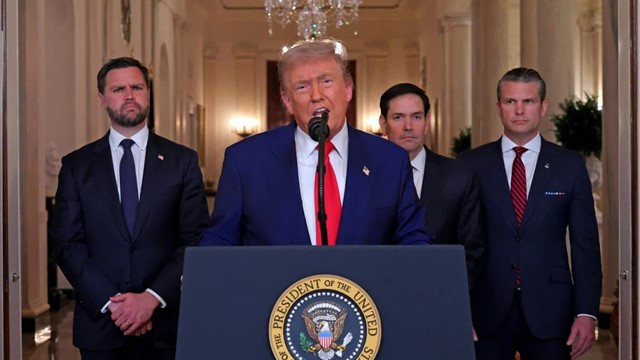
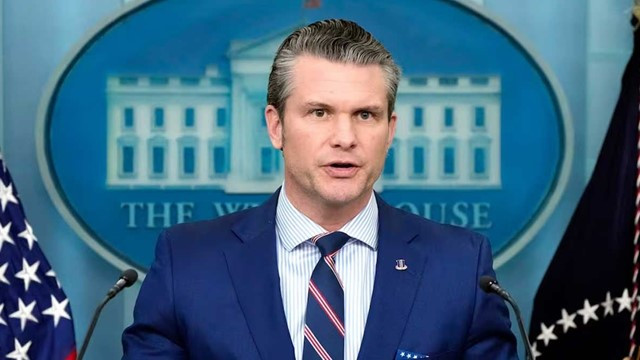
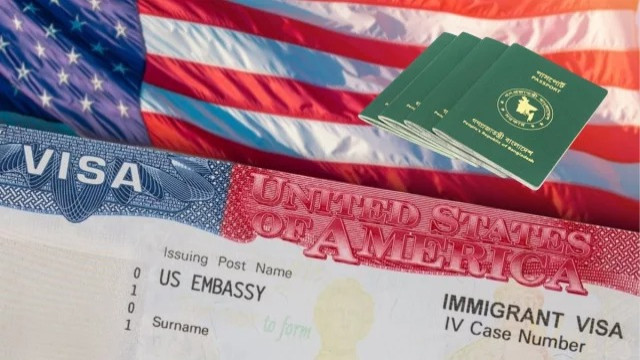

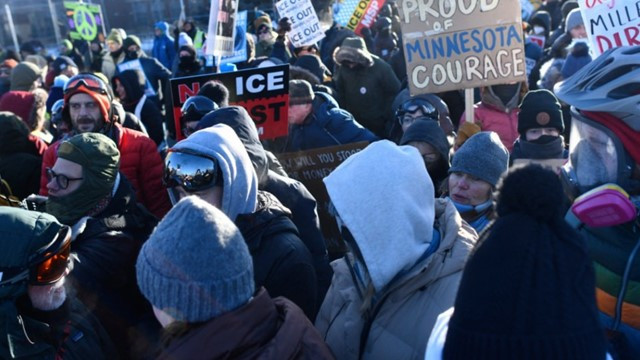
Comments Here: